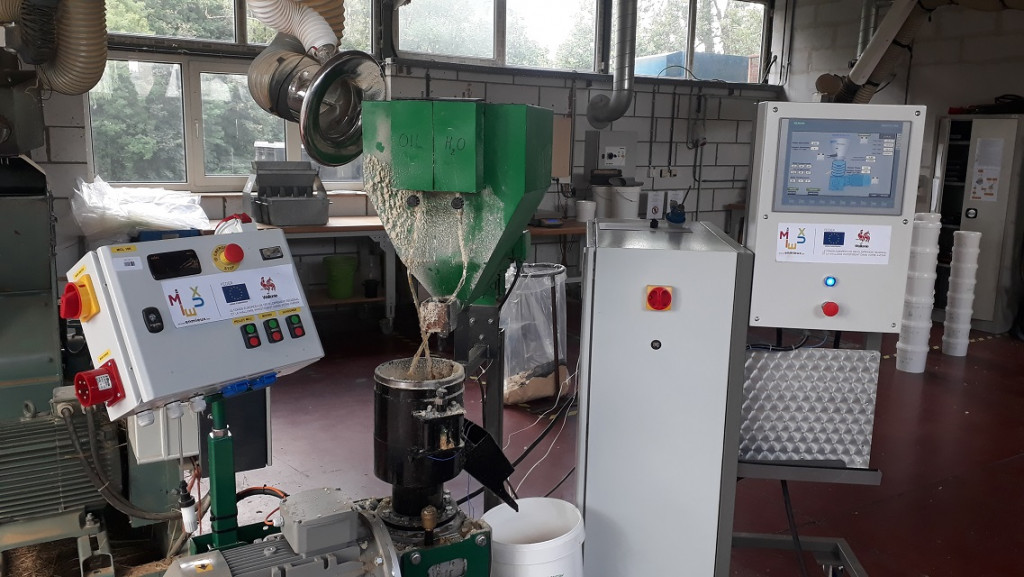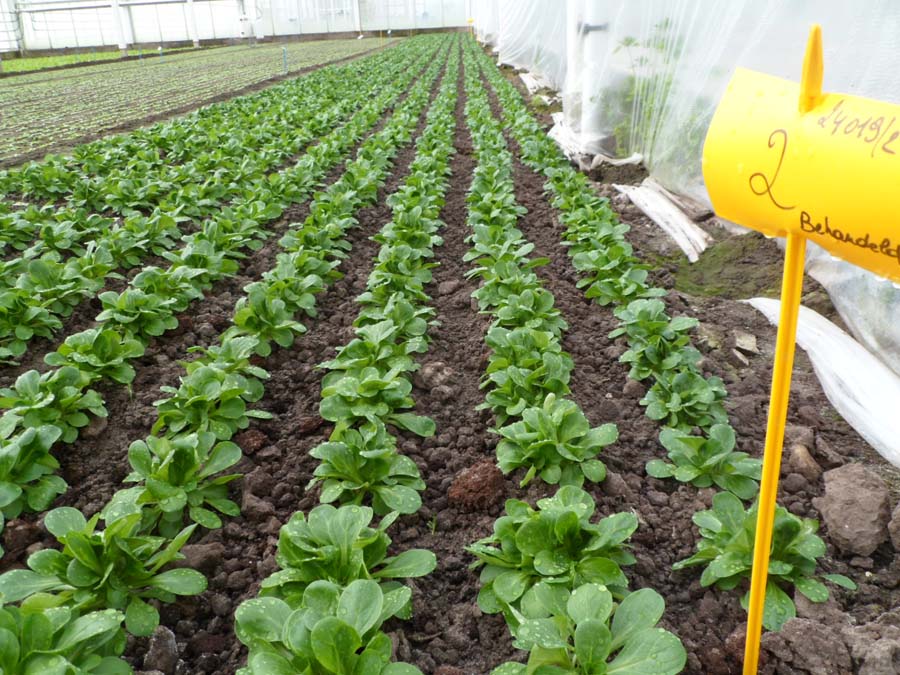In Europe, bioenergies represent the main source of renewable energy consumed (64% of the renewable energy mix). They offer a solution for local, sustainable development through the intelligent use of forest and agricultural by-products. Among these bioenergies are pellets, which form a quality biofuel due to their high energy density and low cost of transport, the ease of storage and favourable combustion properties (low humidity, better yield, fewer pollutants). All that remains is to manufacture them, which can be costly in terms of energy… which in itself may be derived from fossil fuels.
In practical terms, the CRA-W Biomass Laboratory is developing some expertise in the manufacture of pellets from various silvicultural and agricultural biomass residues, within the framework of the ENERBIO* project. The main objective concerns the energy optimisation of this processing operation, by assessing the various operating parameters and their effects on the granulation procedure.
Preliminary results have, for example, shown that domestic quality pellets (EN Plus A1 standard) can be obtained from material that has undergone little or no prior drying (pelletisation at a high humidity of 23 to 40%), which would lower the costs of processing and investment in drying, often the most energy-consuming stage in the production chain. It should be noted that to guarantee standards of quality, these pellets ultimately have a moisture content of less than 10%.
Energy consumption models have been established using sawdust and woodchips taken from spruce, the species most commonly used in Belgium for the manufacture of pellets. But the idea of the project is also to switch to recoverable agro-biomass in Wallonia, whose potential is currently still underestimated.
The next steps will be to scale up and confirm the results obtained in the laboratory (using a 7.5 kW press). We are hoping to arouse the interest of potential partners in order to increase the capacity of this new production method or use specific types of biomasses that have hitherto not been widely exploited.






